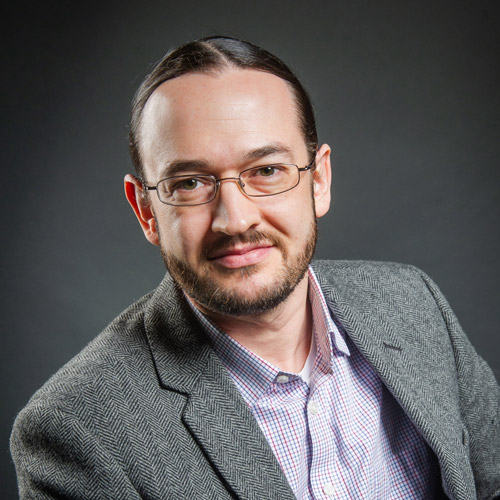Friendly Feud: How Best to Study the Physical Properties of the Universe
Two BU physicists, experimental and theoretical, weigh in on their disciplines’ good-natured rivalry
Friendly Feud: How Best to Study the Physical Properties of the Universe
Friendly Feud: How Best to Study the Physical Properties of the Universe
How best to study the universe’s matter and energy? That question has long divided the world’s physicists. Theoretical physicists devise mathematical models to explain the complex interactions between matter and energy, while experimental physicists conduct tests on specific physical phenomena, using advanced tools from lasers to particle accelerators and telescopes, to arrive at answers.
There’s something of a rivalry between the two approaches, famously spoofed in an episode of the CBS hit comedy The Big Bang Theory. Renowned theoretical physicists Isaac Newton, Albert Einstein, and Stephen Hawking are famous for developing theories about how the universe works. Experimentalists, on the other hand, are responsible for designing experiments using observation to either prove or disprove theories. Think of billion-dollar headline-making science experiments like CERN in Switzerland, or LIGO, which in 2016 made possible the first observation of gravitational waves that had been predicted by Einstein’s general theory of relativity nearly 100 years before, but had never been observed.
What’s behind the rivalry and how do scientists from both sides of the fields approach their work? We reached out to two BU physicists for answers. Experimentalist Alex Sushkov, a College of Arts & Sciences assistant professor of physics, is developing new quantum tools for precision measurements and employing them to address key problems in fundamental and applied science. He and the members of his lab are also searching for dark matter, using nuclear magnetic resonance (NMR) techniques.
Theorist Liam Fitzpatrick, also a CAS assistant professor of physics, is working on quantum theories of gravity. When quantum field theories systematically focus on only large-scale behavior, they are called “effective field theories,” says Fitzpatrick, who is interested in using them to simplify and unify many seemingly different models.
Each uses a different approach, but they agree on this: experimental physicists depend on theoretical physicists—and vice versa.
“There are some experimentalists who say they don’t need theory anymore, and I think that’s a mistake,” says Fitzpatrick. “Even experimentalists who don’t really care what theorists are doing today are using the work of theorists from 50 years ago in their experiments.”
“Theory, without any experimental confirmation, is not very useful,” Sushkov says.


Comments & Discussion
Boston University moderates comments to facilitate an informed, substantive, civil conversation. Abusive, profane, self-promotional, misleading, incoherent or off-topic comments will be rejected. Moderators are staffed during regular business hours (EST) and can only accept comments written in English. Statistics or facts must include a citation or a link to the citation.